Kienyeji chicken farming has gone through boom times over the past decade as Kenyan consumer preferences change from the factory-farmed broilers to free range pasture-raised chickens. Savvy farmers have made massive profits over that period yet there are others who have abandoned the farming venture due to rising costs, high mortality and other chicken farming challenges. Some of these challenges often boil down to the simple mistakes that you make in your poultry farming venture. There are various measures to take and mistakes to avoid in order to have a profitable poultry farming venture.
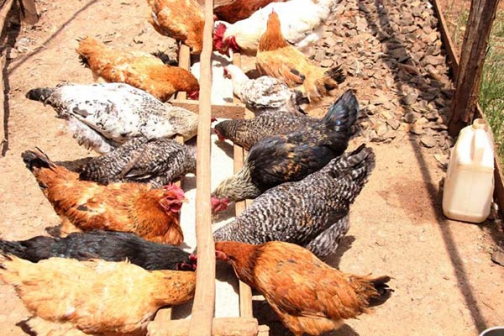
For a profitable Kienyeji chicken farming venture, it is imperative that the farmer understands the basics on how to cut down on costs and maximize on returns.
A farmer must have enough knowledge on what professional kienyeji chicken production entails as well as on the pitfalls that they are likely to face in this farming venture.
Training can go a long way to equipping you with the skills to manage your operations effectively. There are frequent training programs offered by some of the players in the industry. If you need advise on training opportunities in your locality, you can drop us an email at PAYMONEY.ONLINE@GMAIL.COM.
You can also purchase Kienyeji chicken farming manuals and handbooks such as our poular Improved Kienyeji Chicken Farming Manual that can give you a good headstart on how to successfully run a profitable kienyeji chicken farming venture.
To increase your profitability in poultry farming, it is always advisable to go for the high yielding breeds with great food conversion efficiency. The KARI Improved kienyeji chicken is a great breed to start with. You can also go for other high-yielding breeds such as Kuroiler and Rainbow Rooster which can do well in free range conditions and have great production potential.
When venturing into commercial kienyeji chicken, ensure that you know your customers. Knowing your target market will help you in choosing the right poultry breeds that are likely to sell. If your target market prefers the tough and yellow meat of the pure kienyeji, then run with this. Another way to know what your target market may want is by looking at the kinds of breeds that your neighbors are raising. If they are successful at it, then the breeds they are raising are certainly in high demand.
Understanding what your customers want will be key to profitability when it comes to Kienyeji chicken farming. It is also advisable to source quality chicks from reputable sources that will give you good performance.
Mistakes to Avoid
There are a lot of things that customers do wrong when it comes to improved kienyeji chicken farming. Here are some of the common mistakes to avoid when starting out on kienyeji farming:-
Sourcing of chicks: As Kienyeji chicken farming has boomed, the quality of chicks supplied has gone down, Many people without proper qualifications and best practices are getting into the breeding business to cash in quickly. As a result, there has been a prevalence of poor quality chicks in the industry. Because farmers are still largely unfamiliar with the hybrid chickens, they do not ask the right questions and end up sourcing poor quality chicks.
Poor quality feeds: This is another area where many kienyeji farmers in Kenya get it wrong. Some assume that just because the chickens are kienyeji, then they don’t have to adhere to strict feeding standards. Kienyeji chickens should be given commercial feeds just like the exotic chicken breeds. Fortunately for many farmers, there are various feeds company that now specialize in kienyeji feeds.
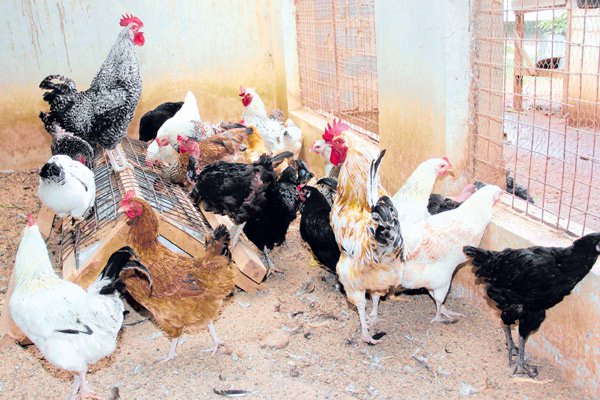
There is Century Feeds and Bidco has also joined the fray and now manufacturers quality kienyeji feeds for chickens at all stages of growth. Some farmers will purchase poor quality feeds due to the low cost or because the appropriate poultry feed is not available in the local Agrovet store. However, as you will soon discover, cheap is always very expensive when it comes to raising poultry. Take your time, visit the major trading centers and buy high quality well-balanced poultry feeds for your kienyeji chickens.
Inadequate clean water: We have written about this numerous times on this website. Your chickens will not forgive you for water deficiency. Fail to provide them adequate and clean water and the production will drop significantly and it will probably never recover again for the production cycle. Ensure that your flock are well supplied with clean and adequate water that will meet their daily needs.
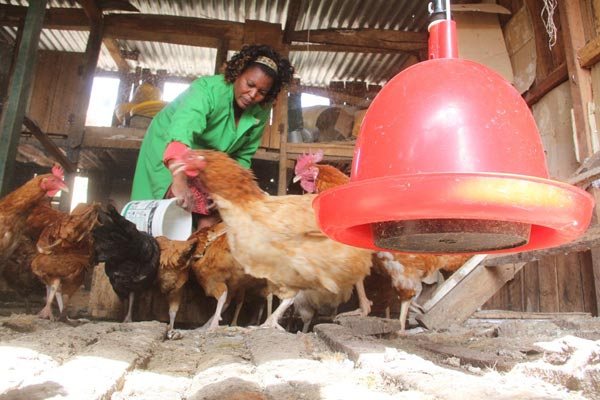
Chickens drink plenty of water so it should always be available in the poultry house and should be clean at all times. If they don’t get enough water, they will not feed optimally and the production will drop significantly. In a free range environment, you can place the water in the shaded area when the kienyeji chickens are feeding in the range. If your kienyeji chickens are raised in a house or barn, then the water should come in from a tank that is not heated by the sun or it should be replenished often. If the water is not fit enough for humans, then it’s certainly not fit for your chickens.
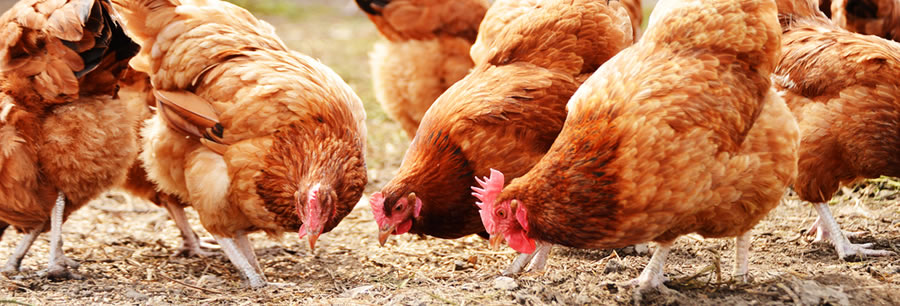
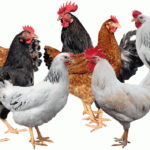
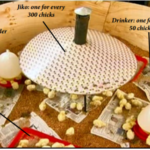
One Comment